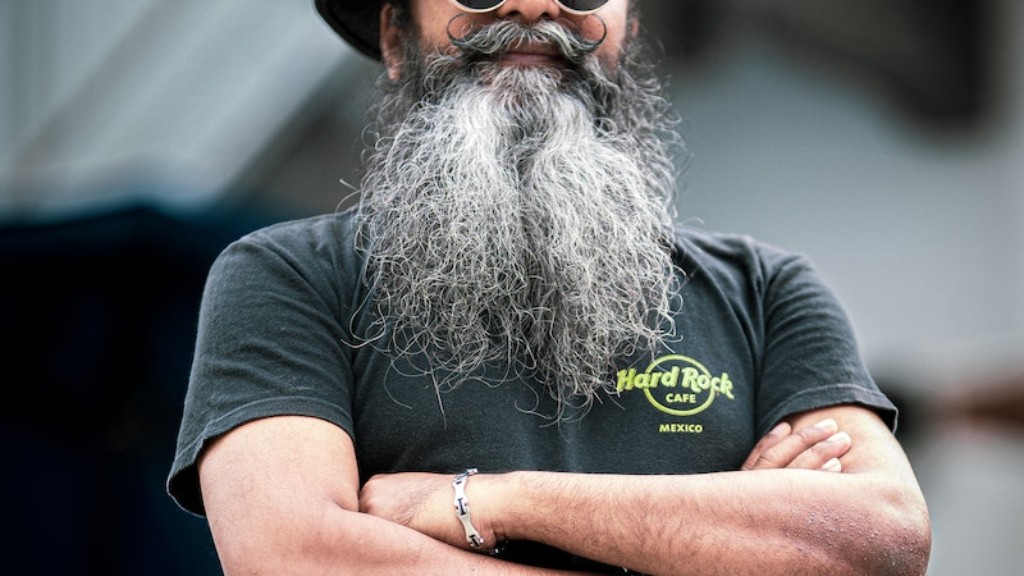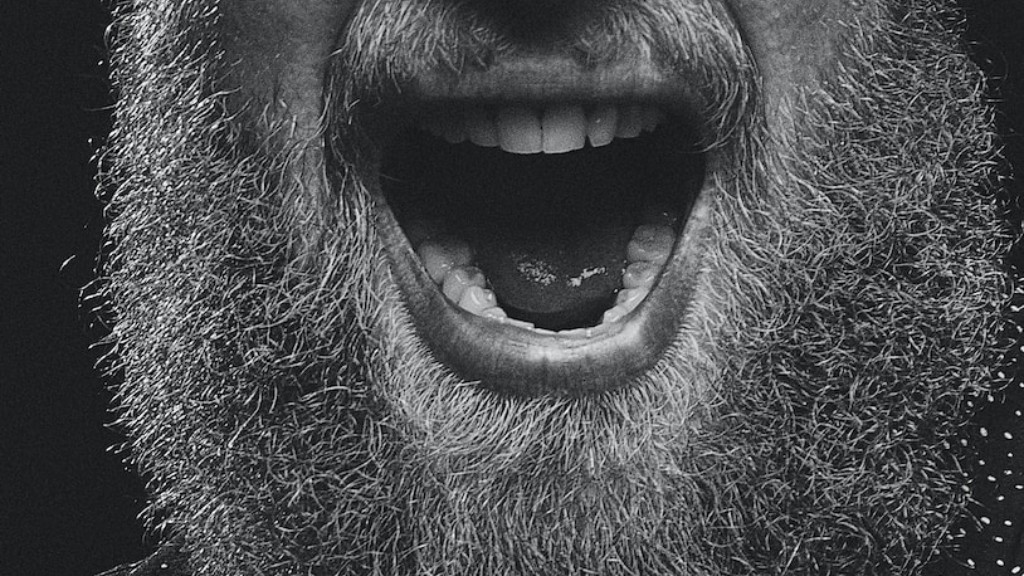Are you wondering if you can grow a beard? Take this quiz to find out! This quiz will ask you questions about your facial hair, such as how much hair you have, how fast it grows, and if you have any patches. answer these questions honestly to get the most accurate results.
No, there is no quiz that can tell you if you can grow a beard. It is something that is determined by your genes. Some people can grow a thick, full beard while others can only grow a thin mustache.
How can I tell if I can grow a beard?
There are a few key signs that you may not be able to grow a beard, despite your best efforts. These include:
1. Genetics: Genetics is one of the major determining factors behind the thickness of your beard growth. If your family has a history of thin or patchy beards, it’s likely that you’ll inherit those same traits.
2. Age: Besides genetics, age too is a highly influential factor in determining your beard’s growth. As you age, your beard will naturally become thinner and more sparse.
3. Ethnicity: Certain ethnicities are simply more predisposed to beard growth than others. For example, men of Asian descent typically have thinner beards than men of Caucasian or African descent.
4. Alopecia Areata: This is a condition that causes hair loss in patches all over the body, including the beard area. If you suffer from this condition, it’s unlikely that you’ll be able to grow a thick, full beard.
5. Unhealthy Habits: Smoking, drinking, and poor diet can all contribute to unhealthy hair and skin, which can in turn impact beard growth.
6. Low Testosterone Levels: Testosterone is a key hormone
Facial hair starts to appear during puberty, under the influence of male hormones. Most adolescent boys first notice facial hair between the ages of 13-16 years.
Can every man grow a beard
There are many reasons why some men are unable to grow facial hair. The most common reason is due to genetic factors. Some men who have trouble growing beards have turned to beard implants. Although beard implants are now available, they are expensive and are a surgical procedure.
There are a few things to keep in mind when it comes to growing facial hair. First, almost all men can grow at least some facial hair. Second, genetics, age, and hormone levels all play a role in how much facial hair a man can grow. So if you’re not able to grow a full beard, don’t worry – it’s probably just not in the cards for you.
What is the awkward beard stage?
The awkward phase is a tough one to get through, but it’s worth it in the end. Just keep at it and you’ll get through it!
If you’re patchy, there’s not much you can do to fill in your beard. You may be able to make it look fuller by using products to give it more volume, but at the end of the day, you’ll just have to accept the beard you have.
What age is too late to grow a beard?
If you’re wondering why you don’t have a full beard yet, it may just be because you’re not old enough. From ages 18 to 30, most beards continue to develop in thickness and coarseness, so if you’re on the younger end of that spectrum, don’t worry – it’s probably just a matter of time. Ethnicity can also play a role in how thick and full your beard will be.
The study found that men with beards were rated as more attractive than those without. This was especially true for men with increased jawline projection. The study involved 700 participants and looked at photos of 37 men in various stages of shaven and bearded states.
At what age beard growth stops
For some men, the age at which facial hair stops growing is around 35. This process can happen gradually, with the beard becoming thinner and patchier over time, or it can happen more abruptly, with the beard simply ceasing to grow altogether.
Yes, your beard can get thicker with age, but you’ll need to be patient—it may take years to achieve the fullness and density you want. The exact amount of growth depends on a number of factors: genetics, diet, stress levels and overall health—all things that affect hair growth in general.
How can I stimulate my beard to grow?
A healthy beard begins with a healthy diet. Eating a balanced diet rich in vitamins and minerals can help keep your hair and skin healthy, which in turn can promote healthy beard growth. In addition to a healthy diet, exercise and sleep are also important for optimizing overall health and promoting healthy beard growth. Finally, it is important to keep your beard clean and moisturized to prevent dryness and itchiness.
The study found that there was no correlation between beard length and testosterone levels or dominance. This means that the hypothesis that beards are honest signals of the beard owners’ testosterone levels and dominance is not supported by the data.
Will I have a full beard if my dad has
There is no guarantee that you will grow a beard if your parents’ siblings and parents all have strong beards. However, it is more likely than if there are some weaker beards in the group. The dominant or recessive genes you got from your parents will determine whether or not you are able to grow a beard.
There are a few things that determine facial hair growth. The first is genetics. If your parents or grandparents had thick beards, chances are you will too. The second factor is age. Testosterone levels peak in men in their early 20s, which is why that is typically when men start to grow the thickest beards. The final factor is health. If you are healthy and have high testosterone levels, you are more likely to grow a thick beard.
What race can grow the best beards?
There are a few factors that play into why certain groups can grow thicker beards than others. One reason is due to the variation in testosterone levels between men of different races. Caucasians and African Americans typically have higher testosterone levels, which leads to increased beard growth. Another factor that comes into play is the density of facial hair follicles. Caucasian and African men tend to have more facial hair follicles than Asian men, which also contributes to their ability to grow thicker beards. Finally, the thickness of the individual hair shafts also plays a role in how thick a beard can be. Men of Caucasian and African descent typically have thicker hair shafts, which allows their beards to appear fuller.
Most men will experience their biggest beard growth from around age 25 to 35. Testosterone, a hormone, propels beard growth more than any other factor. Each person’s beard-growing experience is unique, however, so some may see results earlier or later than this age range.
Warp Up
No hard and fast answer exists to this question. It depends on a number of factors, including your hormones, genetics, and age.
If you’re wondering whether you can grow a beard, the answer is most likely yes! The vast majority of men can grow at least some facial hair, although the rate and density of growth varies from person to person. To find out how thick and full your beard could be, take this quiz!





